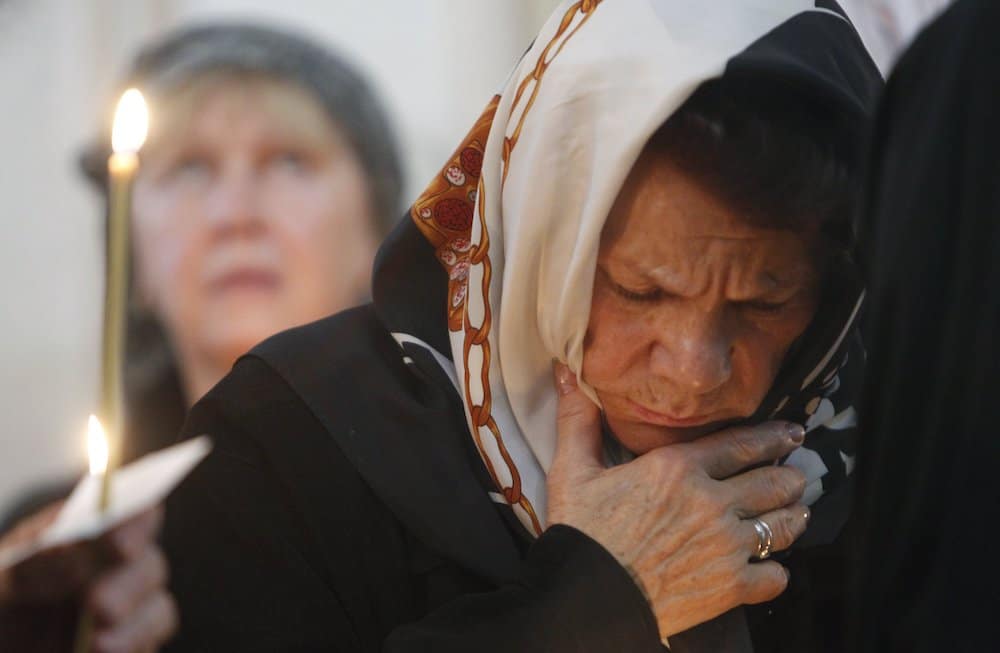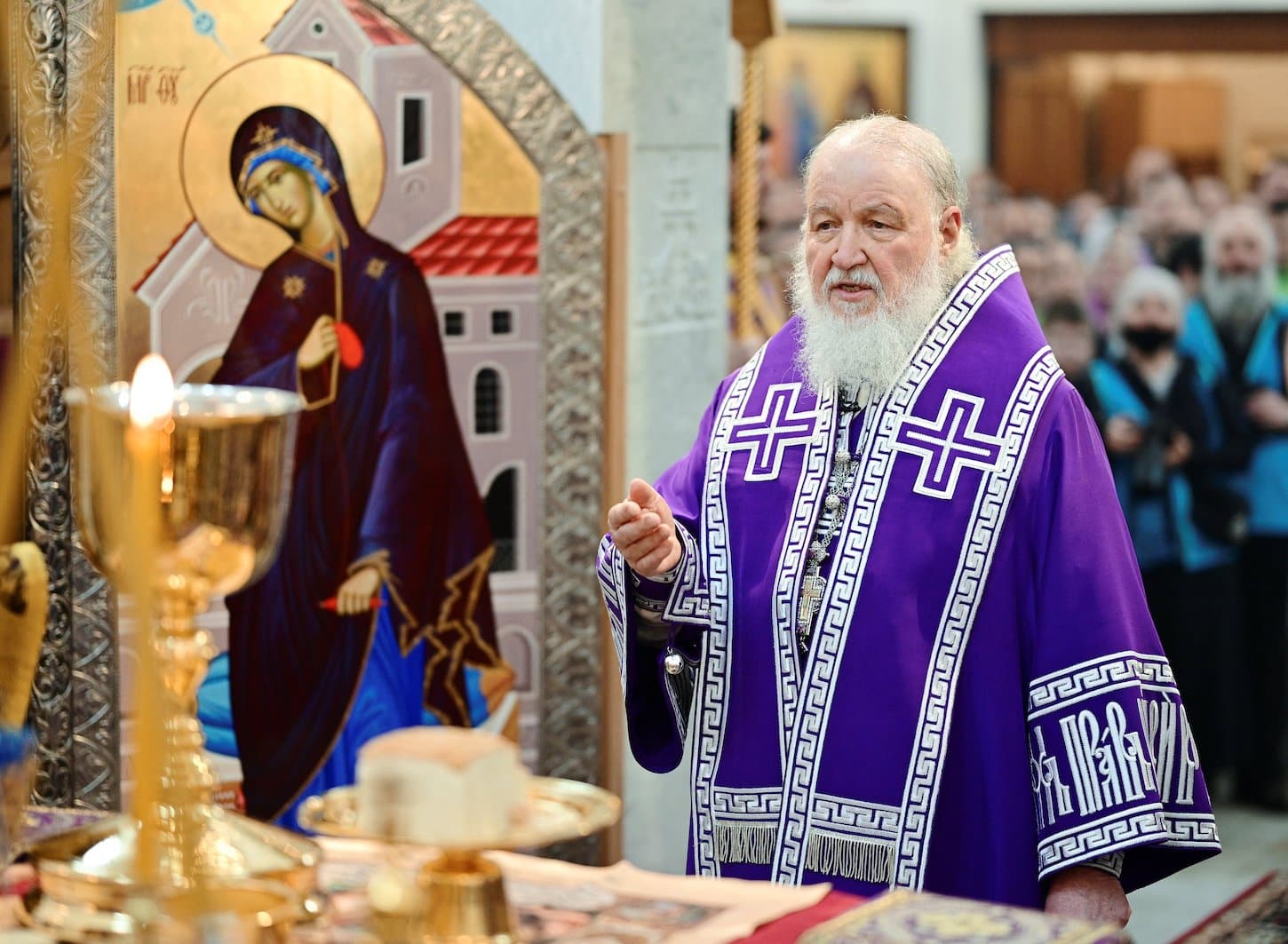(OSV News) — In its first detailed analysis of the Vatican’s pre-Christmas declaration Fiducia Supplicans, Russia’s Orthodox Church has accused Pope Francis of “rejecting the Christian moral ideal” by allowing the blessing of same-sex couples.
“While affirming the inviolable understanding of marriage as a union of man and woman … the entire section of the document devoted to these blessings is in radical conflict with Christian moral teaching,” the Russian church said in a March 25 report.
“Although Fiducia Supplicans is an internal document of the Catholic Church, the Russian Orthodox Church considers it has a duty to respond to radical innovations that reject the divinely revealed norms of Christian morality,” it said. “While accepting with maternal love every individual sinner who asks for her blessing, the church cannot bless same-sex couples in any form, since this would mean consenting to a union sinful in nature.”
The report, by the church’s Synodal Biblical Commission, comes three months after the Dec. 18, 2023, publication of Fiducia Supplicans, which said Catholic clergy could now give blessings “outside of a liturgical framework” to couples in “irregular” and “unsettled” situations.
It said the Vatican’s declaration had changed the Catholic Church’s previously “unambiguous position” on same-sex couples, gaining a “positive response” from sexual minorities and the “liberal wing of the Catholic Church,” but causing “deep disappointment” among “traditional Catholics.”

Silent on renouncing sin
It added that the document had sought to move away from “merely denying, rejecting and excluding,” but had failed to clarify its terminology, while remaining “completely silent about the sacrament of repentance” and “indirectly legitimizing what, in essence, is illegitimate.”
“God’s love for man cannot serve as a basis for blessing couples in sinful cohabitation,” the Russian report said.
“This declaration says nothing about … renouncing a sinful lifestyle or pastoral assistance to the believer in overcoming sin. … One can conclude from it that a sinful lifestyle does not pose an obstacle to communion with God,” Russian Orthodox leaders said.
Fiducia Supplicans (“Supplicating Trust”) on “the pastoral meaning of blessings,” published by the Dicastery for Doctrine of the Faith and signed by its Argentine prefect, Cardinal Víctor Manuel Fernández, said Catholic priests should be permitted to give “pastoral” and “spontaneous” blessings to same-sex and unmarried couples, without “officially validating their status or changing in any way the church’s perennial teaching on marriage.”
However, the proposed blessings have been rejected by numerous Catholic bishops’ conferences and dioceses worldwide, while Egypt’s historic Coptic Church, the Middle East’s largest Christian denomination, announced March 7 it was suspending dialogue with Catholics over the issue, “after consulting with sister-churches from the Orthodox family.”
Defending traditional values
Theologians from the world’s 14 other main Orthodox churches, together making up around 220 million Christians, also are believed to be studying Fiducia Supplicans, including those of Serbia and Greece, which have condemned legislation on same-sex unions.
The Russian church “directly and unequivocally” rejected homosexuality, as “sinful damage to human nature,” and “categorically” denied recognition to “forms of cohabitation outside the previously given definition of marriage.”
Russia’s Orthodox Church backed the July 2020 constitutional amendments enshrining marriage “as a union of man and woman,” and has demanded full implementation of a November 2023 Russian Supreme Court decree banning the “extremist LGBT movement.”
The church’s long-running claims to be defending traditional Christian values have been widely derided in view of its support for the February 2022 invasion of Ukraine.
In its report, the Russian church said the Vatican’s idea of “spontaneous blessings” stood “in radical contradiction with biblical moral teaching.”





